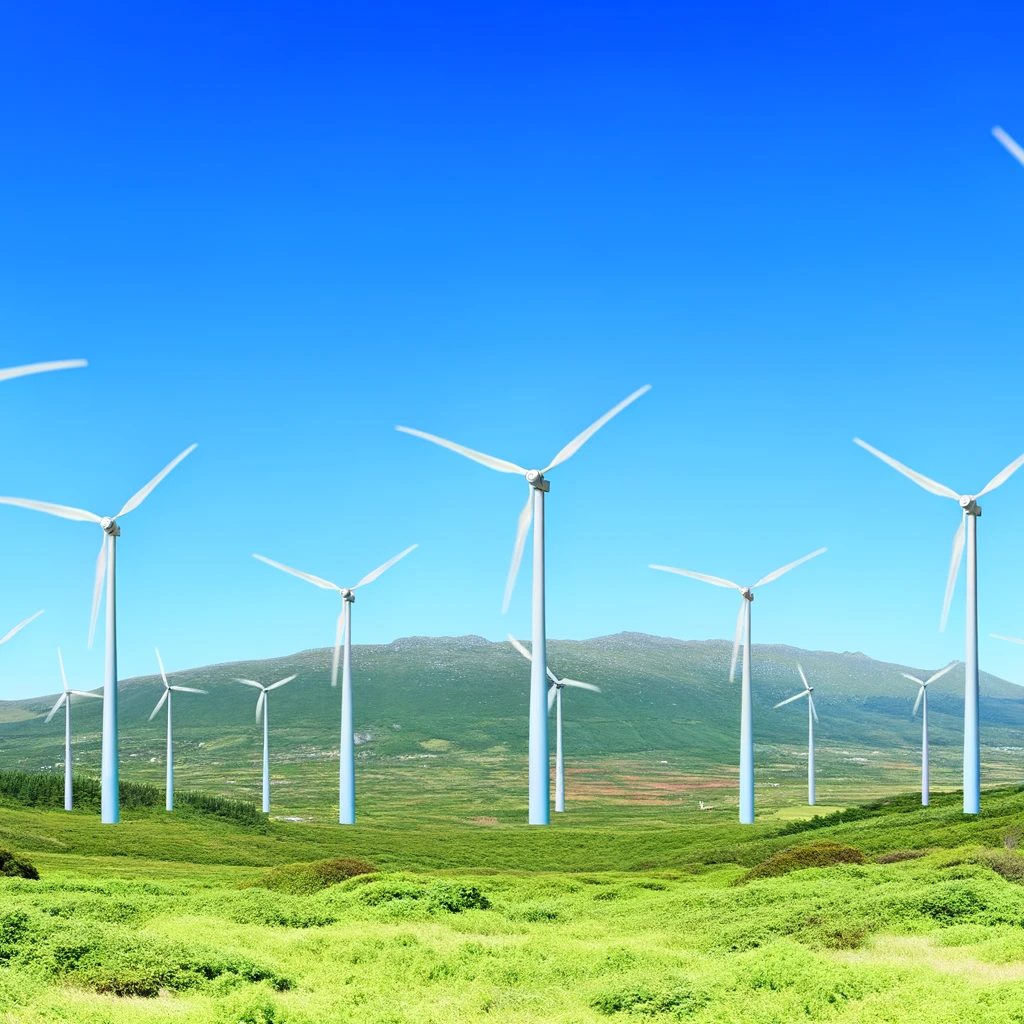
Harnessing the Wind: The Future of Renewable Energy
The quest for sustainable energy solutions has never been more critical. Among the various renewable energy sources available, wind energy stands out for its potential to significantly reduce our carbon footprint while providing a reliable power supply.
The Rise of Wind Energy
Over the past few decades, wind energy has emerged as a leading contender in the renewable energy sector. According to the Global Wind Energy Council, global wind capacity reached 743 GW by the end of 2020, representing a significant increase from previous years.
Benefits of Wind Energy
Wind energy offers several advantages:
- Environmental Benefits: Wind energy is a clean power source that does not produce emissions or pollutants.
- Renewable and Sustainable: The wind is inexhaustible and widely available, making it a sustainable energy option.
- Economic Growth: The wind energy sector has the potential to create jobs and stimulate economic development.
- Energy Independence: Harnessing wind energy reduces reliance on imported fuels and enhances energy security.
Challenges in Wind Energy Adoption
Despite its benefits, wind energy faces challenges that need addressing:
- Intermittency: Wind energy generation can be inconsistent due to variable wind speeds.
- Infrastructure Costs: Initial investments in wind farms and transmission networks can be high.
- Environmental Impact: Wind farms can affect local wildlife and ecosystems.
Innovations in Wind Technology
Recent advancements in wind technology are addressing these challenges:
Offshore Wind Farms
Offshore wind farms offer higher and more consistent wind speeds, leading to more efficient energy production. Countries like the UK and Denmark are leading in offshore wind energy development.
Advanced Turbine Designs
Innovations in turbine design, such as larger rotor diameters and taller towers, are increasing energy capture and efficiency. Companies are also exploring floating turbines for deep-water installations.
The Future of Wind Energy
As technology advances and costs decrease, wind energy is poised to play a crucial role in the global energy mix. Governments worldwide are setting ambitious targets to increase wind energy capacity as part of their climate goals.
Policy Support and Investment
Supportive policies and investment in research and development are vital for continued growth in the wind energy sector. Incentives such as tax credits and grants can accelerate the deployment of wind technologies.
Conclusion
Harnessing the wind is not just about energy production; it's about building a sustainable future. By overcoming challenges and embracing innovations, wind energy has the potential to lead the way in our transition to a cleaner, more sustainable energy system.
Related Articles





